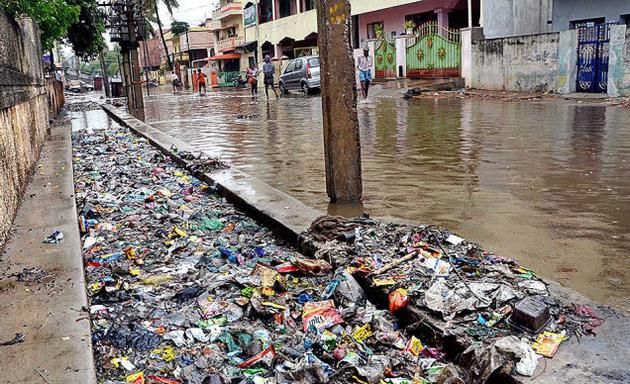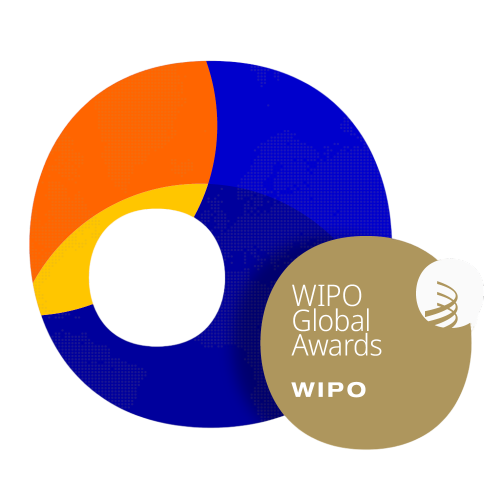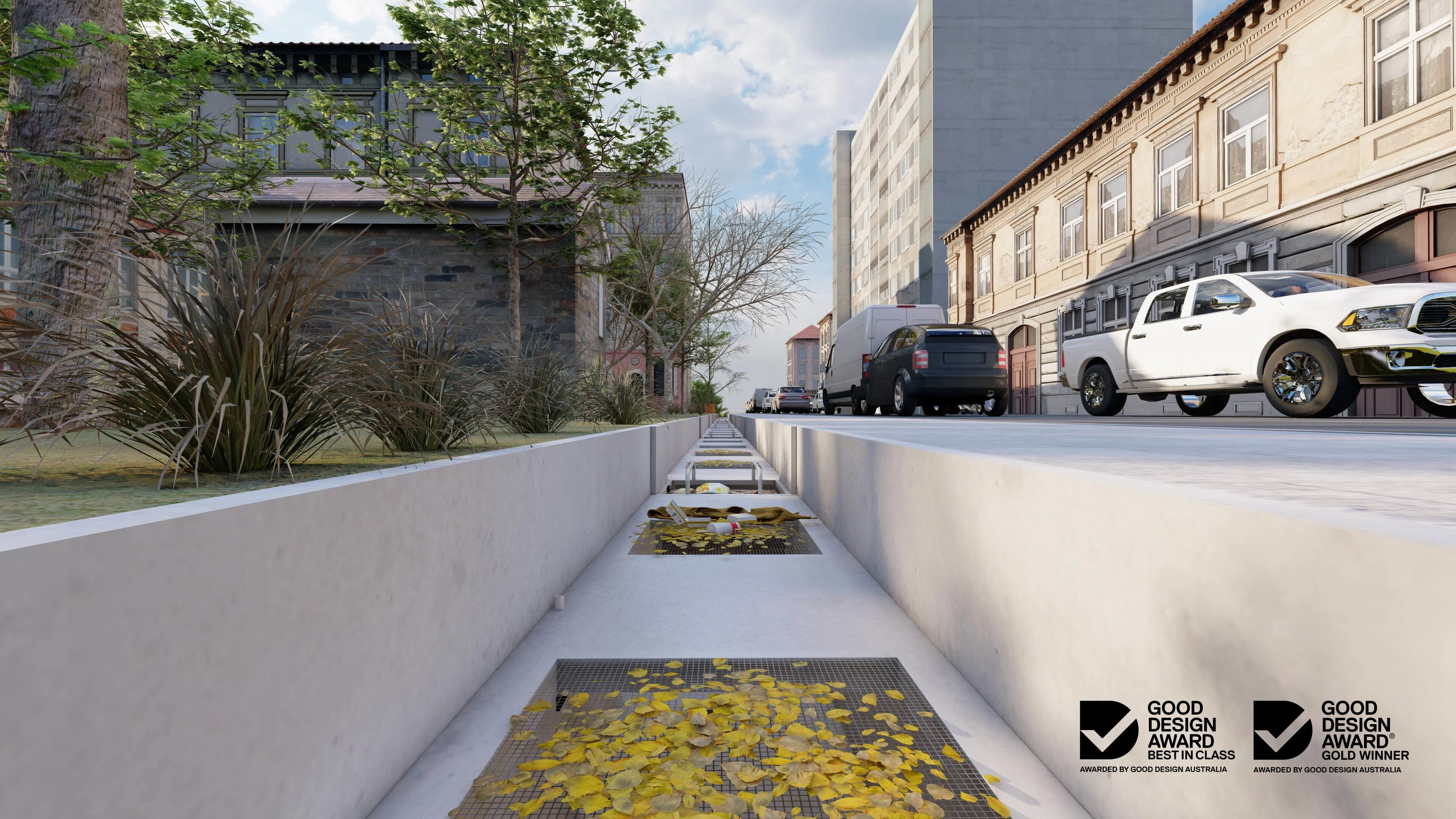
Transforming Urban Drainage with the Global Smart Drain Initiative
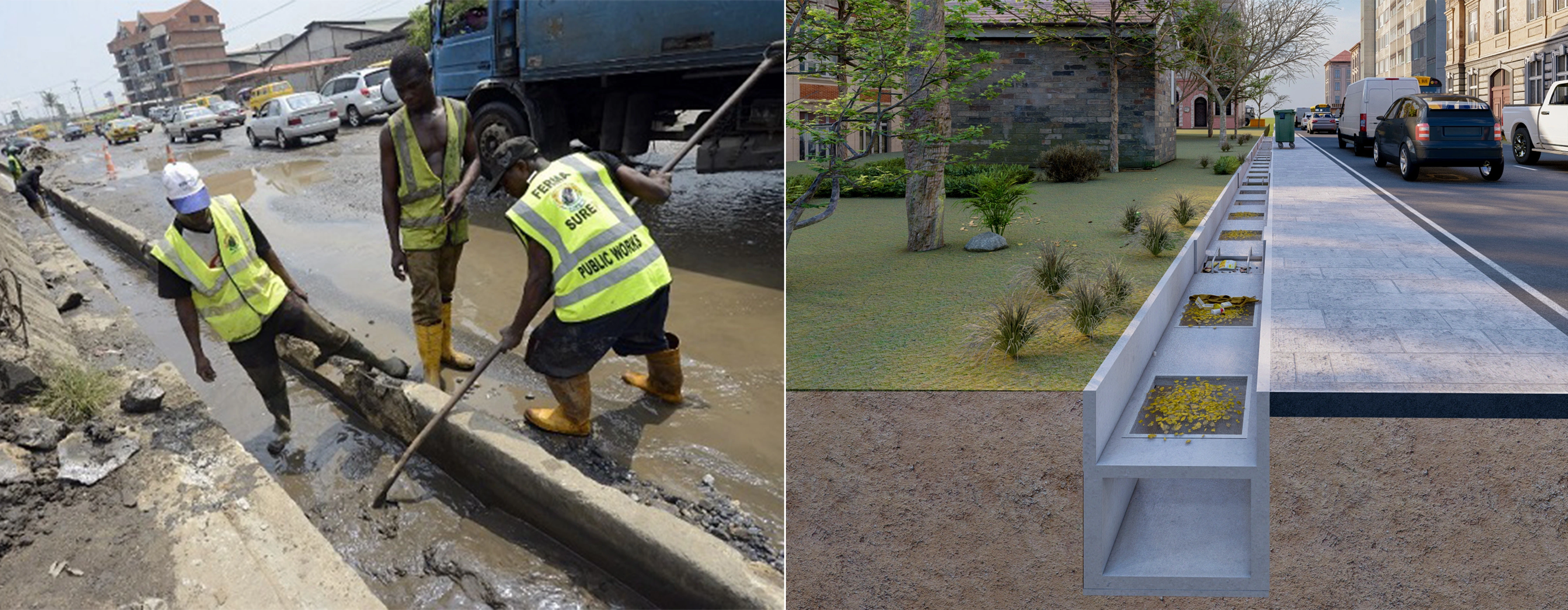
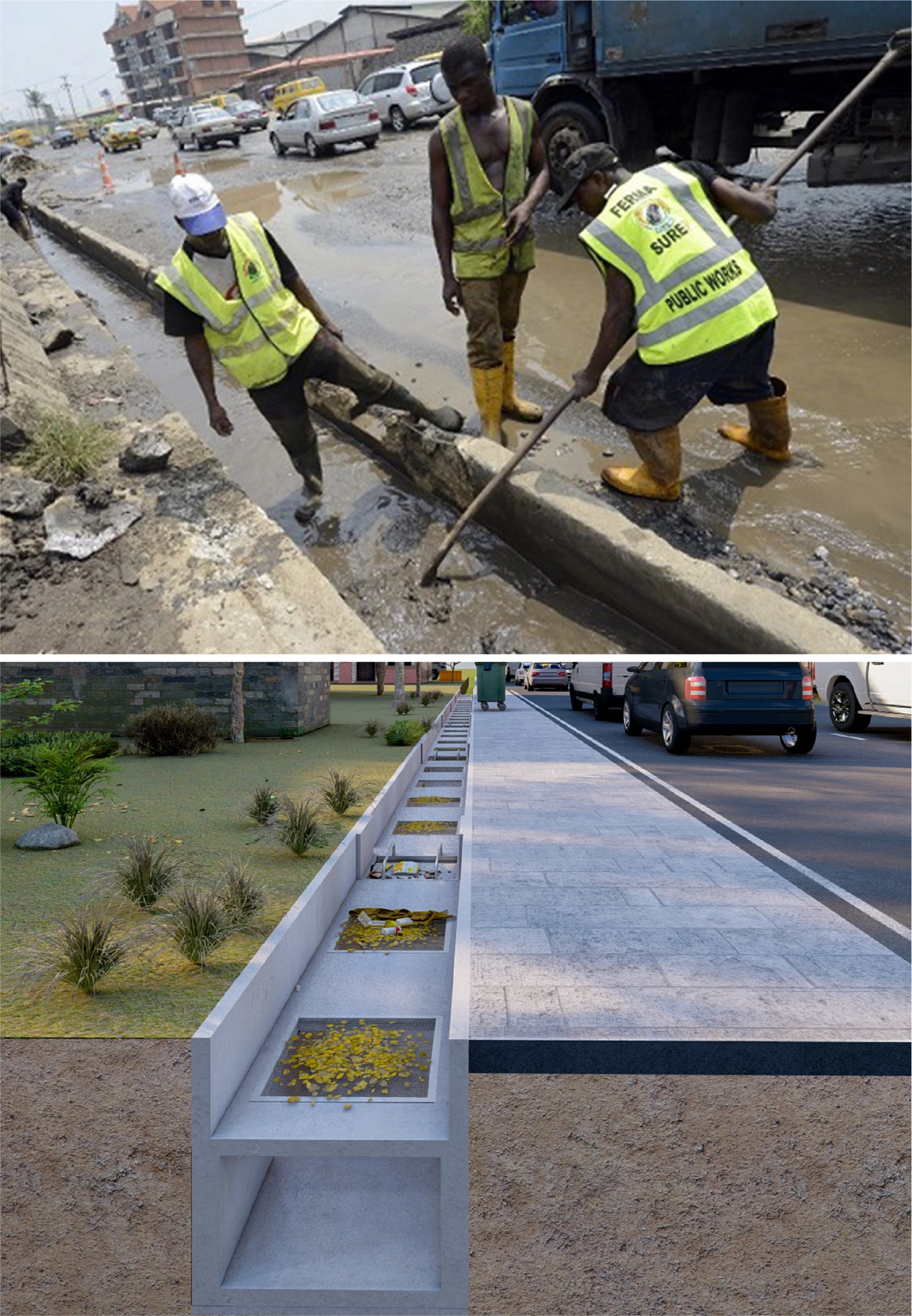
Governments worldwide spend over $100 billion annually on manual dredging and maintenance of clogged storm drains, a costly response to an issue that smart, preventive solutions could address more sustainably. (EPA, 2020; KPMG, 2017)
Global Smart Drain Initiative: Future-Proofing Urban Drainage Systems
Urban stormwater infrastructure, originally designed to last for centuries, now faces unprecedented challenges from rapid urbanization, climate change, and ageing systems. Traditional drainage networks, many of which rely on outdated combined sewers and legacy designs, are increasingly unable to meet modern demands. The Global Smart Drain Initiative aims to revolutionize how cities worldwide plan, design, and manage stormwater systems over the next century. This initiative is not just a product, it's a strategic approach to building resilient, adaptable, and future-ready urban environments.
Why Smart Drain is the Future
Conventional drainage systems often struggle with today’s complex
urban challenges. Cities like Chicago have invested billions to
manage combined sewer overflows, while progressive models such as
Singapore’s "Smart Nation" initiative demonstrate the
benefits of integrated water management. The message is clear: urban
drainage requires solutions that are not only technologically
advanced but also tailored to specific local needs.
The Smart Drain Initiative provides exactly this—an
intelligent, modular, and sustainable system designed to address
critical issues such as solid waste buildup, sand, sludge, and
silting. Unlike traditional systems, Smart Drain utilizes advanced
Internet of Things (IoT) technology to deliver:
- Real-time monitoring: Enables immediate response to potential drainage issues, significantly reducing flood risks.
- Predictive maintenance: Utilizes data-driven analytics to anticipate and prevent system failures, ensuring reliable performance.
- Citizen engagement: Features an interactive dashboard where residents can access real-time drainage information and contribute updates, promoting community involvement in sustainable urban management.
This comprehensive approach ensures that stormwater systems are not only functional but also resilient against evolving environmental and urban pressures.
Our Five-Year Mission
By 2027, the Smart Drain Initiative aims to implement and test
city-specific pilot projects that address distinct urban challenges.
Our mission is to develop scalable, sustainable drainage systems
tailored to each city's unique needs, including local rainfall
patterns, urban topography, and cultural practices. These projects
will set a new global benchmark for intelligent stormwater
management by creating adaptable and resilient infrastructure
designed for the future.
We are preparing pilot deployments in diverse city contexts to validate performance, maintenance, and public benefit.
- Colombo, Sri Lanka — Happening now
- Kandy, Sri Lanka — Happening now
- New Delhi, India — In discussion
- Dhaka, Bangladesh — In discussion
- Nairobi, Kenya — In discussion
- Malé, Maldives — Planning
- Bangkok, Thailand — Planning
- Kuala Lumpur, Malaysia — Planning
- Melbourne, Australia — Planning
- Brisbane, Australia — Planning
We also plan to launch our first three European pilots by 2026.
These cities were selected for clear drainage pain points where Smart Drain can intercept debris, reduce surface flooding, and guide faster maintenance with real-time data. The pilots will demonstrate measurable gains in flood resilience, cleaner streets near schools and clinics, and improved public safety.
Building Resilient Cities for a Sustainable Future
The Smart Drain Initiative is not just an infrastructure project—it is a global movement towards smarter, more sustainable, and resilient cities. By combining cutting-edge technology with a deep understanding of local needs, Smart Drain Technology helps urban centers thrive in harmony with their natural environments. As cities prepare for an unpredictable future, Smart Drain offers the adaptability and foresight required to manage urban water challenges effectively and sustainably.

